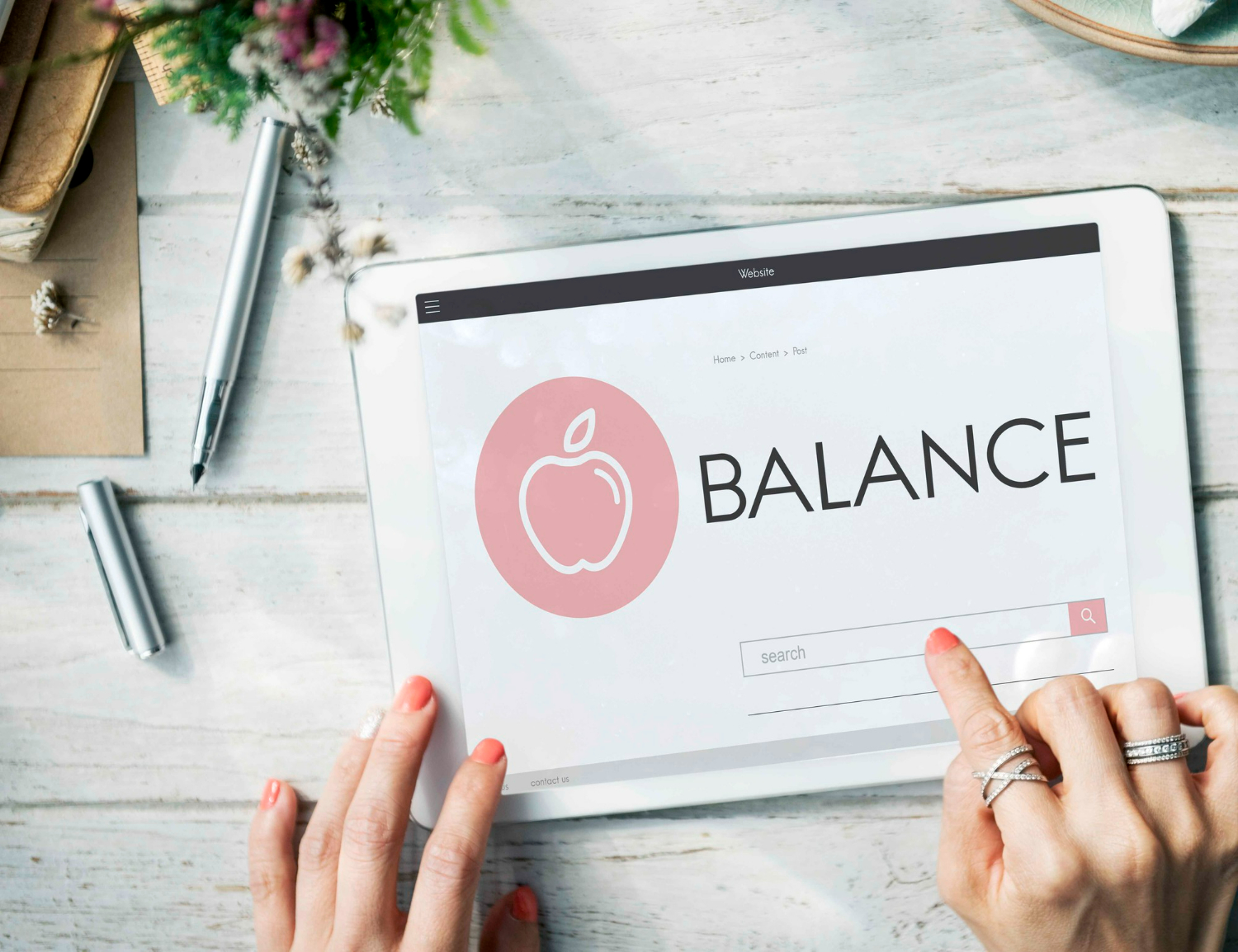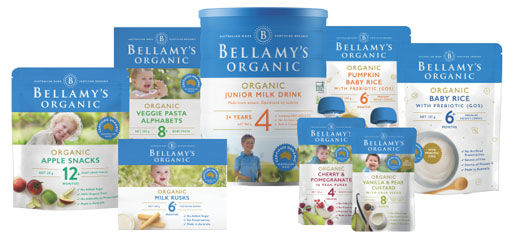Caring for Yourself with a Newborn Baby
If you are like most new mums, finding time for yourself is no easy task. A new baby comes with a whole list of responsibilities and, when added to your other everyday chores, life can seem pretty busy.
The early days of motherhood may feel like a never-ending battle of failed promises – ‘today I will wake a little earlier to get a quick jog in’ … ‘today I will nap when my baby does’ … ‘today I am going to curl up and read a book while baby sleeps’. It is realistic to break promises, and probably inevitable for the most part, but does that mean it is okay to put caring for yourself at the bottom of your priorities?
Round-the-clock newborn care can be gratifying, but it can also turn your life quickly upside down. If you are not careful, this continued care and constant attempts to “achieve it all” will take its toll and run you down. Taking time out for yourself is just as important as caring for your baby, and far more important than having an immaculate home for when friends come to visit. Every mum deserves some time out.
Whether you are a first time mum or have multiple little ones, making time for yourself in the first months of a baby’s life is crucial. This time is what is known as the ‘postpartum period’, and it begins after the delivery of your baby and ends when your body has nearly returned to its pre-pregnancy state.
The postpartum period involves the mother progressing through many changes, both emotionally and physically, while learning how to deal with the responsibilities and challenges of a newborn. A lot is happening – not only are you adjusting to a new life in your home, but your body is exhausted, overworked and, if you are breastfeeding, your strength-building nutrients are being shared.
The postpartum period is a time when taking care of yourself is one of your highest priorities, not something that should be pushed to the bottom of your to do list.
Caring through rest
A typical newborn wakes around every three hours and needs to be fed, changed and comforted. This can be exhausting, and the best way to counteract this is to sleep when your baby sleeps. Easier said than done, we know.
While there is no magical formula for getting enough sleep, certain strategies can help. These include:
- silence your phone when baby is asleep
- keep chores like laundry hidden away until you have the energy to deal with it – out of sight, out of mind
- place your baby in a crib or bassinet when you are ready to sleep
- split night-time duties with your partner
- wait a few minutes to see if your baby settles on their own
- set aside social graces, and take a quick nap when friends visit instead of playing host
- keep your bedroom cool and dark
- avoid stimulating light or noise around bedtime
Caring through nutrition
Your body needs to recover from pregnancy and childbirth and, in order to promote healthy healing and recovery, a healthy diet is essential. Most lactation experts will add that breastfeeding mothers need to take particular care in what they feed their bodies.
But eating well takes planning, especially when you are out of routine and every day is different. Mothers can get so tired that dinner is completely forgotten about, and before you know it you could be skipping meals or living off coffee and muesli bars.
A healthy diet during the postpartum period should consist of six key elements – grains, vegetables, fruits, dairy, protein and healthy fats.
Grains – Foods that are made from wheat, rice, oats, cornmeal, barley or other cereal grains.
Vegetables – Chose a variety of vegetables, including dark green, red, and orange vegetables, starchy vegetables and also legumes.
Fruits – Fruits are best served in their most natural form, but any fruit, such as 100{72bd9f2abfd9a42ad8daa505ad4c134144a2b20626506137b848ab4cf99aee2d} fruit juice, canned, frozen or dried will be beneficial.
Dairy – Low fat dairy products that are high in calcium, such as milk, cheese and yoghurt.
Protein – Choose a variety of lean protein sources, including low-fat poultry, fish, nuts, seeds, peas and beans.
Healthy fats – Nuts, natural nut butters, fish, avocado and olive oil.
Many mothers want to lose their pregnancy weight fast and can be tempted by crash diets, but extreme dieting can be hazardous to both you and your baby. Your diet should be a series of balanced meals and plenty of fluids. To help you with this, make use of salads, smoothies and veggie snacks, and be sure to sit down to eat.
Caring through exercise
The benefits of exercise are obvious and, when living with a newborn, exercise can give you increased energy levels, improved sleep, better immunity and feel good hormones to help you fight off everyday stresses. But exercising doesn’t have to take up hours of your day. Even 10 minutes of good exercise will produce a whole range of positive results.
Exercising with a newborn can mean going for a walk with baby in a sling or backpack, jogging with the stroller, or enrolling in an exercise class that involves your baby. But if you prefer to exercise on your own, try:
- going for a walk or jog before your partner leaves for work
- investing in some home equipment
- joining a health club or gym that offers a safe and trusted babysitting service
- putting on an exercise DVD
- practising yoga at home
Caring through mental health
Keeping hold of your sanity when you are sleep deprived, run down and focused on another human life takes effort – it’s not something that will happen naturally. Ways to look after your mental health include:
- joining a mothers’ group to ensure you have other new parents to talk to
- taking regular trips out on your own, without being weighed down by the 101 things you need when taking out a newborn
- expressing both your negative and positive experiences
- taking breaks with yourself, with your partner and with friends
- finding a quiet place to reflect
- closing your eyes for short bursts throughout the day
- practising slow, deep breathing
- envisioning taking care of yourself via the image of a battery being charged
- watching some favourite movies
Continue these efforts long after the postpartum period to foster a healthy and loving relationship with your child, and to ensure you have the strength needed for best quality parenting possible.
Featured post
-
05 Diet Plans That Are Good For Your Health
31/07/2022
-
Best Times to Sleep for Adults & Children
01/06/2022








